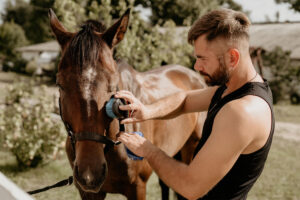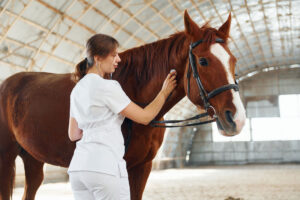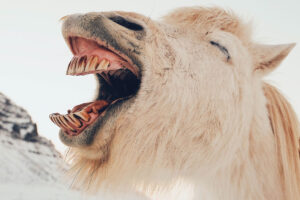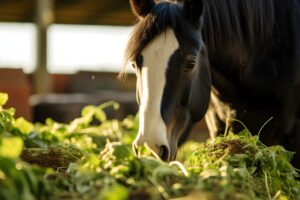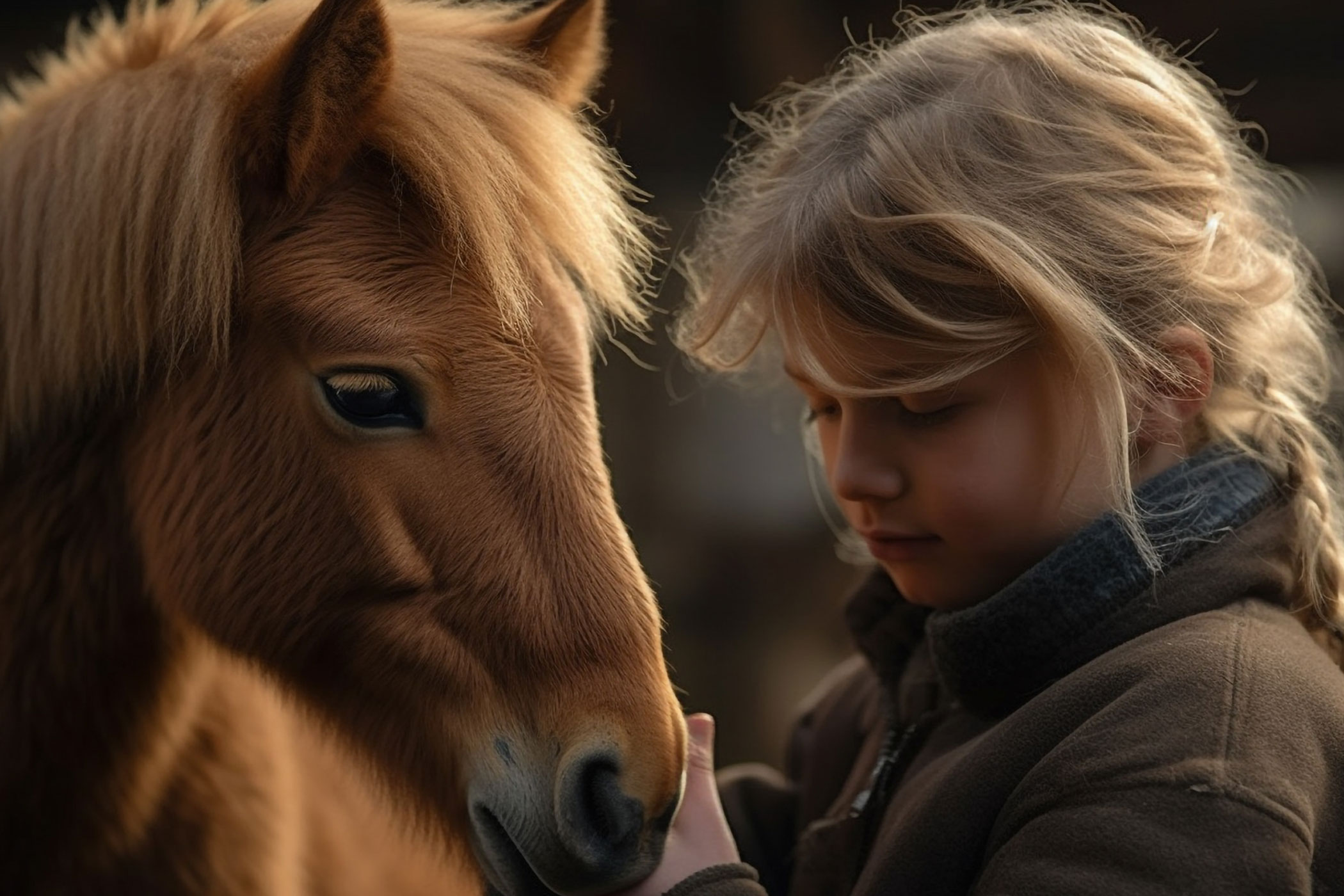
Proper dental care is crucial for the general fitness and properly-being of horses. Equine dentistry, the practice of maintaining and treating horses’ teeth, has evolved drastically through the years. Today, it performs a important role in making sure gold standard oral fitness and stopping various dental issues which could affect a horse’s overall performance and general fine of existence. In this comprehensive guide, we are able to explore the significance of equine dentistry, not unusual dental troubles in horses, the role of an equine dentist, and modern techniques used inside the area.
Importance of Equine Dentistry
Dental issues can motive full-size pain and ache in horses. Unlike people, horses’ teeth constantly develop for the duration of their lives, and any irregularities or imbalances can result in numerous complications. Proper dental care is important to save you issues such as sharp teeth factors, hooks, ramps, and wave mouth, that may purpose discomfort whilst chewing, problem in maintaining weight, or even behavioral troubles.
Regular dental examinations and treatments can make certain the proper alignment of the teeth, accurate any imbalances, and address any ability problems before they come to be severe. By selling top dental health, equine dentistry complements a horse’s potential to eat, digest food well, and maintain universal properly-being.
Common Dental Problems in Horses
Horses are liable to diverse dental issues that require attention from a qualified equine dentist. Some of the maximum not unusual troubles include:
- Malocclusions: These are abnormalities inside the alignment of the top and decrease jaws, ensuing in uneven wear styles and capability chewing problems.
- Sharp Enamel Points: Due to the way horses’ tooth grind against every other, sharp enamel factors can broaden, causing discomfort and doubtlessly adverse the gentle tissues of the mouth.
- Hooks and Ramps: Hooks and ramps are sharp projections that expand on the premolars and molars, frequently causing pain and interfering with right chewing.
- Dental Caries: Although much less common in horses as compared to people, dental caries can occur, leading to enamel decay and capability tooth loss.
- Periodontal Disease: This situation affects the supporting systems of the enamel, such as gums, ligaments, and bones, and can purpose tooth loss if left untreated.

The Role of an Equine Dentist
Equine dentists are mainly skilled specialists who focus on diagnosing, treating, and stopping dental troubles in horses. They play a critical role in keeping surest dental health and usual nicely-being in those outstanding animals. Equine dentists own in-depth know-how of equine dental anatomy, dental illnesses, and the usage of specialized dental tools.
During a dental exam, an equine dentist will very well evaluate the pony’s mouth, seeking out symptoms of abnormalities or dental troubles. This includes analyzing the tooth, gums, tongue, and other oral structures. Equine dentists may additionally use specialized device such as dental mirrors, probes, and energy floats to carry out remedies which include filing down sharp teeth points, eliminating hooks and ramps, and correcting malocclusions.
Modern Techniques in Equine Dentistry
Advancements in veterinary medicine and generation have significantly advanced equine dentistry practices. Modern techniques attention on minimizing soreness for the pony while maximizing the efficiency and effectiveness of remedies. Some excellent improvements include:
- Sedation and Pain Management: Equine dentists can administer sedatives and ache-relieving medicinal drugs to make sure the pony remains calm and comfortable during dental methods.
- Power Floating: Power floats are electric powered or pneumatic equipment used to shape and clean horses’ enamel. They provide greater precision and efficiency, lowering the time required for dental treatments.
- Dental Imaging: Equine dentists may additionally use dental radiography or different imaging strategies to take a look at the inner structures of the enamel, jaw, and sinuses. This allows perceive hidden troubles and expand appropriate remedy plans.
- Education and Awareness: Equine dentists paintings carefully with horse owners and running shoes, emphasizing the importance of ordinary dental care and teaching them approximately preventive measures. This helps sell a proactive approach to equine dental health.
Conclusion
Equine dentistry has emerged as a important field within veterinary medicine, focusing on the oral fitness of horses. By addressing commonplace dental problems and supplying preventive care, equine dentists play a essential position in making sure horses lead healthy and comfortable lives. Regular dental examinations and remedies can prevent discomfort, beautify overall performance, and make a contribution to the general well-being of those brilliant animals. By embracing cutting-edge techniques and staying informed about improvements within the area, equine dentistry keeps to evolve, imparting horses the fine feasible dental care.

